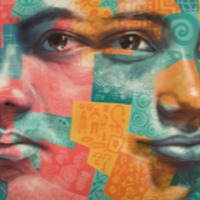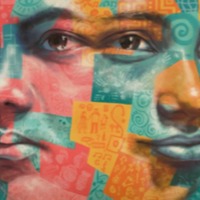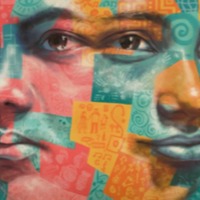
Shin Dong Hyuk (Narrative 2)
The Global Slavery Index 2018 estimates that there are 2,640,000 people living in conditions of modern slavery in The Democratic People’s Republic of Korea (North Korea). Men, women and children are subjected to forced labour and sex trafficking. Government oppression in the DPRK prompts many North Koreans to flee the country in ways that make them vulnerable to human trafficking in destination countries. Many of the estimated 10 000 North Korean women and girls who have migrated illegally to China to flee abuse and human rights violation are particularly vulnerable to trafficking. Some lure, drug, detain or kidnap North Korean women on their arrival, others offer jobs but subsequently force the women into prostitution, domestic service, or forced marriage. If found, Chinese authorities often repatriate victims back to the DPRK where they are subjected to harsh punishment including forced labour in labour camps or death. Shin Dong Hyuk was born in a North Korean prison labour camp in 1982. He tells of his experience growing up in the camp and being forced to work from a very young age. In the camp, food was restricted and beatings were common, by both prison officers and Shin Dong’s own mother. When he was fourteen, Shin Dong’s mother and brother attempted to escape the camp. He was forced to watch their execution and tortured himself for presumped involvement in their escape. In late 2004 Shin Dong was partnered with a man who had seen the outside world and they began to plan their own escape. In January 2005, they escaped while collecting firewood, however Shin Dong was the only one to succeed.

Bin
Unknown numbers of people have been held as slave laborers in China’s “Laogai” (labor reform camps). Since 1999, the Chinese Communist party has executed a campaign of persecution against the spiritual practice of Falun Gong, which is seen as a “threat to social and political stability.” Practitioners have reported being detained and mistreated while in detention, including torture and forced labour. Human rights organizations claim that Falon Gong practitioners are often targeted for arrest, along with ethnic minorities, Catholics, Protestants, and Tibetans. Bin, a journalist for a newspaper that reported on Falun Gong, spent two years in the Laogai. It is estimated that 0.25% of the population of China are living in modern slavery. According to the Global Slavery Index, “China still faces an enormous issue with the trafficking of women and children for forced marriage and the sex trade, both internally and on a transnational level as criminal gangs become more sophisticated.”

Abuk G.
Thousands of women and children were taken into slavery during the decades of Sudan’s civil war, mainly from Northern Bahr El Ghazal and the Nuba Mountains. Slave-taking was revived in 1985 by the National Islamic government of Sudan primarily as a weapon against counterinsurgents in the South, and secondarily a way to reimburse its surrogate soldiers for neutralizing this threat. In 1989 the government created the Popular Defense Forces (PDF), militia trained to raid villages and take people as slaves. PDF recruits were allowed to keep whoever they captured, along with booty of grain and cattle. One study documents 12,000 abductions by name, while NGOs offer estimates ranging from 15,000 to 200,000. The slaves were often moved to large towns in the north on week-long journeys during which the women were repeatedly raped, and then sold to new masters who used them without pay for farming and sexual services.
The peace process brought these PDF abductions to an end, but inter-tribal abductions continue in Southern Sudan. In addition, Sudanese children are used by rebel groups in the ongoing conflict in Darfur; Sudanese boys from the country’s eastern Rashaida tribe continue to be trafficked to the Middle East for use as camel jockeys; the rebel organization “Lord’s Resistance Army” has forcibly conscripted children in Southern Sudan for use as combatants in its war against Uganda; and the institution of chattel slavery continues in southern Darfur and southern Kordofan.